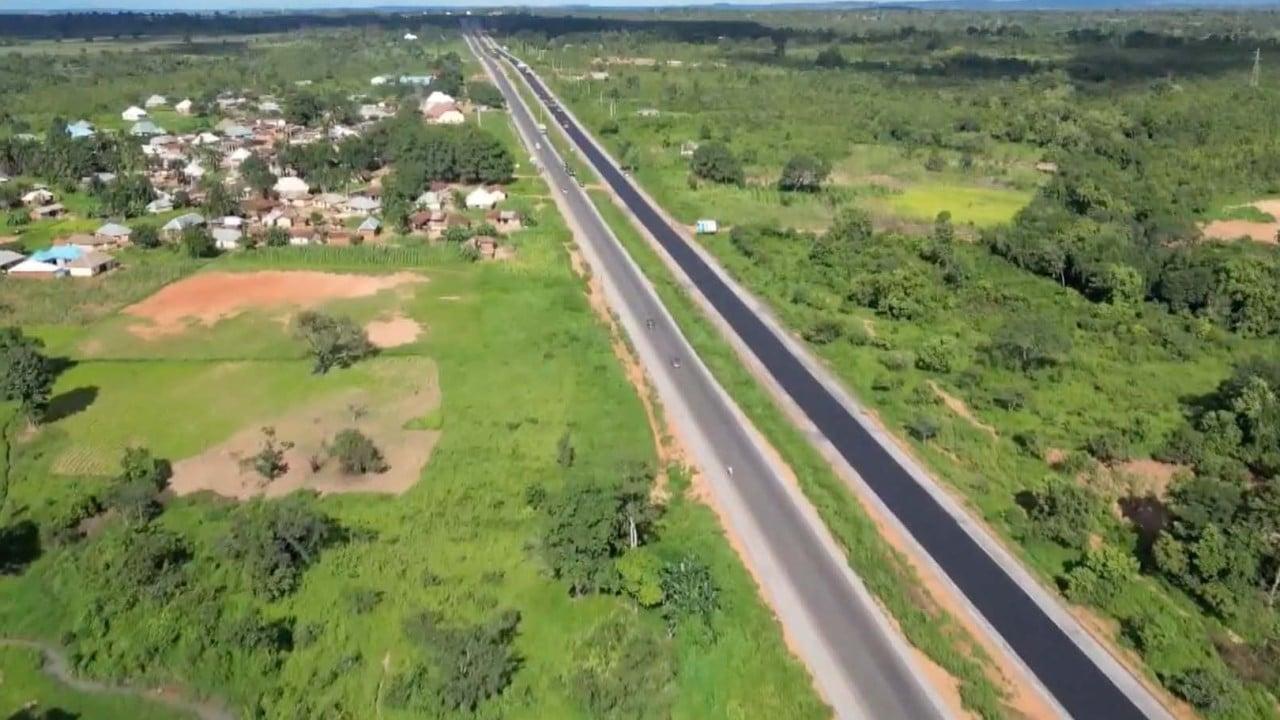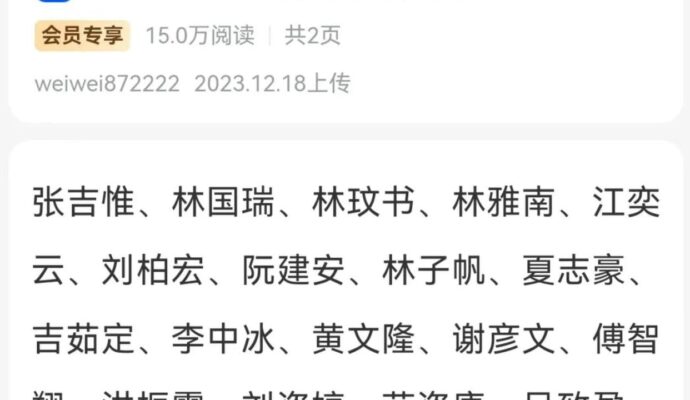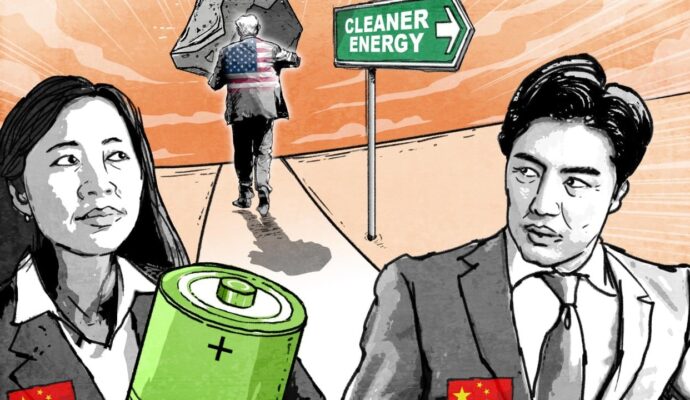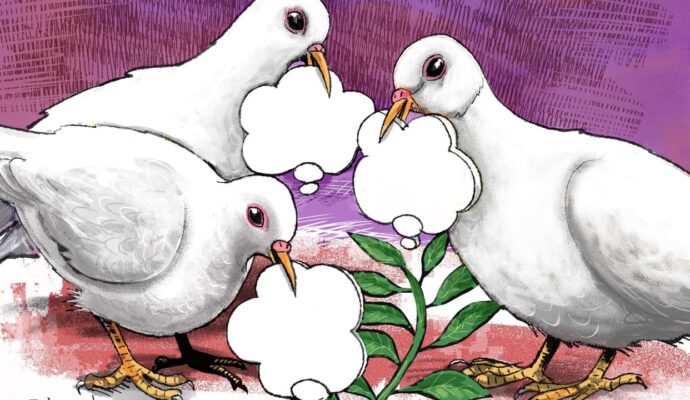
Beijing began investing in Africa in the 1970s, and after stepping up activity in the 2000s, over the past decade brought much of the continent under its Belt and Road Initiative.
Chinese entities made direct investments of US$43.39 billion in Africa as of 2020, according to a London School of Economics and Political Science report published last year.
The US government said it has helped close more than 800 two-way trade and investment deals in 47 African countries as of last year, with an estimated value of more than US$18 billion. The US private sector has also closed investment deals in Africa valued at US$8.6 billion.
In December, the Biden administration announced more than US$15 billion in two-way trade and investment commitments with Africa, including agribusiness, infrastructure and finance.
First lady Jill Biden also wrapped up a five-day trip to Namibia and Kenya earlier this week following recent visits to the continent by US Treasury Secretary Janet Yellen and Linda Thomas-Greenfield, the US ambassador to the United Nations.
“China’s sustained engagement with the continent has also compelled other geopolitical actors, including the US, to engage with Africa in a more consistent and sustained way, given the role the continent is poised to play, particularly its role in mineral resource access and global affairs,” said Bulelani Jili, an African studies PhD candidate at Harvard University.
Aid in farming and trade will make China increasingly relevant on the largely impoverished continent of 54 countries, analysts said.
Agriculture makes up 23 per cent of Africa’s gross domestic product and 60 per cent of employment in sub-Saharan Africa, the Beijing-based international development consultancy Development Reimagined said.
China, as well as numerous African countries, are dominated by “small holders” rather than agribusiness, said Barry Sautman, a professor emeritus at the Division of Social Science at the Hong Kong University of Science and Technology. African farmers can learn from China as much of the continent’s arable land remains open for planting.
Around two years ago, China committed to increase imports from Africa to US$300 billion by 2025. Beijing said it would open special lanes for African agricultural imports, particularly value-added foods, while also speeding up inspection and quarantine procedures.
China is already importing Ethiopian sesame seeds, even though it has its own sources, Sautman added.
A “food secure” Africa could generate surplus farm products for export to China, said Adhere Cavince, an international relations analyst in Nairobi.
But African governments must tap China for investment that industrialises farming rather than letting Chinese interests “just come, harvest, and take”, Bagwandeen added.
African farmers must try to create “added value”, Development Reimagined policy analysts Patrick Anam and Jing Cai said.
A focus on building up trade would let China plug a gap left by the US and divert attention away from the debts generated by Chinese-funded infrastructure projects, said XN Iraki, an economics professor at the University of Nairobi.
Trade, Iraki added, “is very hard to criticise”.
China’s financing is crucial for building infrastructure, reducing trade costs [and] creating markets
A “prioritisation” of trade would allow African countries to narrow a trade imbalance with China, according to Bagwandeen.
She estimates that China, as Africa’s largest bilateral trading partner, plans to take US$300 billion in African imports between 2022 and 2024 after it displaced the US as the top foreign partner in 2009.
The thirst for Chinese-funded infrastructure still has also not let up, analysts said, as African countries need transport projects to accelerate trade around the continent as part of the African Continental Free Trade Area.
“China’s financing is crucial for building infrastructure, reducing trade costs [and] creating markets,” Anam and Cai said.
In 2021, China committed to continue supporting regional infrastructure projects, which are “essential for enhancing intra-Africa trade”, Anam and Cai added.
China could increase development finance, including concessional and non-interest loans, they said.
Beijing led a financing surge for major infrastructure projects in Africa over the past two decades, including funding for ports, hydroelectric dams, roads and airports.
As projects struggled to pay back loans, China reached debt-suspension deals with 19 African governments, Foreign Minister Qin Gang said in January during a week-long trip to Africa that included stops in Ethiopia, Gabon, Angola, Benin and Egypt.
China is, though, unlikely to “continue vigorously in the infrastructure market”, said Yun Sun, director of the China programme at the Stimson Centre think tank in Washington.
In light of Chinese decreased lending for infrastructure developments in Africa, the US is filling a gap, which could possibly be a game changer
Africa’s infrastructure “funding gap” remains at more than US$100 billion per year, Cavince said, with US officials now eying a bigger role.
“In light of Chinese decreased lending for infrastructure developments in Africa, the US is filling a gap, which could possibly be a game changer,” Bagwandeen said.
During a 10-day trip to Africa in January, US Treasury Secretary Yellen said the US would invest over US$350 million to expand internet access and increase “digital skills”.
“The competition with the US will always be there,” Sun said.
US-Africa summits occur less often than China-Africa events, she said, but “we could see [competition resulting from] from the US-Africa leaders summit last December and all the comments made by Yellen when she was in Africa”.




